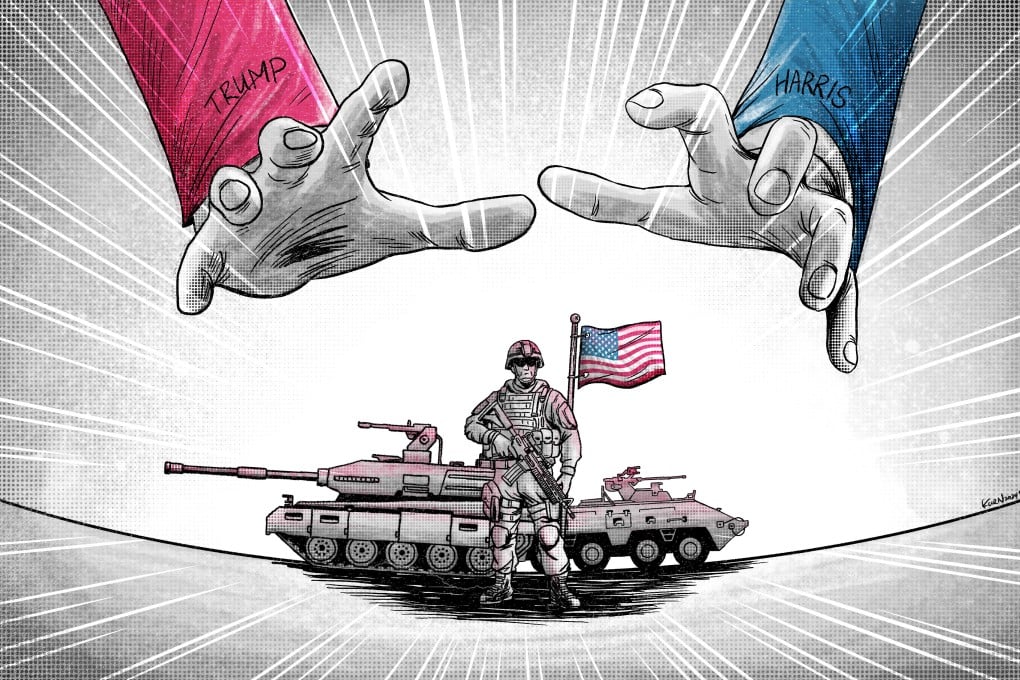Could US-China military ties endure the turbulence of another Trump presidency?
Former president’s ‘dramatic’ differences with top US officials offer insights and caution for potential future of US-China military relations, analysts say

“If he [Trump] becomes president, his relationship with the military will be complex and potentially tense, although, broadly speaking, the military must obey the [orders from the] president,” said Shi Yinhong, a professor at Renmin University’s school of international studies in Beijing.
The clashes between Trump and US military officials during his presidency from 2017 to 2021 encompassed a range of issues, including his proposals to use the military against protesters and their differences over external military strategy, such as a rapid withdrawal of troops from Afghanistan and military aid to Ukraine.
In a memoir released in 2022, Mark Esper, who served as Trump’s secretary of defence before being fired by him, said that amid the unrest following George Floyd’s murder in 2020 the former president had inquired about shooting protesters. Trump was eventually persuaded not to consider the move.